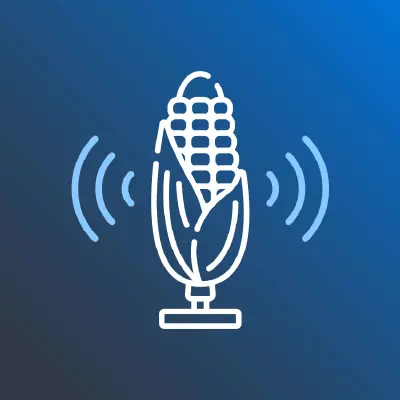In this episode, we’re going to dive even deeper into the science and behind making reduced stature corn a reality. Plant physiologist Jeff Habben has been with Corteva Agriscience for about 30 years and has developed a tremendous depth of knowledge and expertise about how corn and soybean plants grow, develop and function.
“ Hormones are very powerful molecules, and so what you can do is that you can develop bioassays that look at the level of hormones or how the hormones are sensed in plants. That's how we learned about how gibberellins, for example, can affect plant heights…The trick is that these hormones just don't control one thing. They control many different things in the plant. And the other part too is that these hormones interact with each other. So you need to know not just a specific hormone that you're interested in, but how they interact too. So it makes it very complex.” - Jeff Habben
Southwest Iowa farmer John Becker farms about 2,000 acres and has also been a Pioneer sales representative since 2009. As both a farmer and a seed rep, Becker understands better than most that when it comes to genetics, one size does not fit all and everything comes with its own risks and rewards. Together, our two guests walk us through the decision making and process in introducing and developing new varieties.
“ I mean it's no different than a stock portfolio when you look at your lineup for seed. Every single product has risks and rewards. We're excited as all get out because we have a lineup that has many, many less risks than we have had in the past… But my job is to individually work with every single customer and make sure that we put together a plan. It's my job to make sure that I know every single operational need. Everybody wants yield, but some people are more risk takers than others.” - John Becker
Some takeaways from this episode include:
The approach John Becker takes to help evaluate risk and potential rewards with producers in his area.The complex process Jeff Habben must use to evaluate hormone activity and its reaction in the plant growing processThe future is bright with producers, agronomists and scientists working together to solve problems on the farm to meet consumers needsAgriscience Explained is brought to you by Corteva Agriscience and hosted by Tim Hammerich. This show is produced by Clint Pilcher, Rayda Krell and Ann Leonard. Jaime Hammerich and Grant Bolton edit these podcasts, and the music was composed by Dmitri Volkov. Subscribe for more Agriscience Explained: From Science to Solutions.
